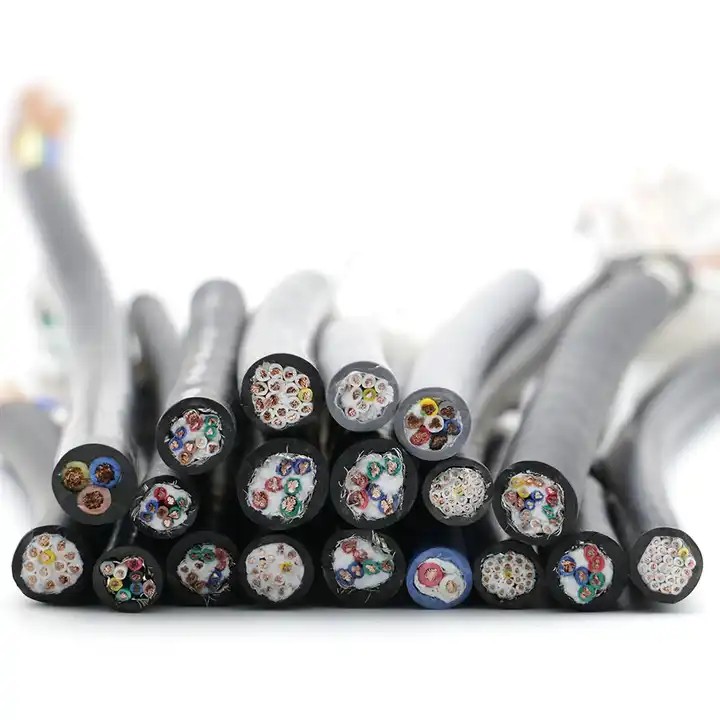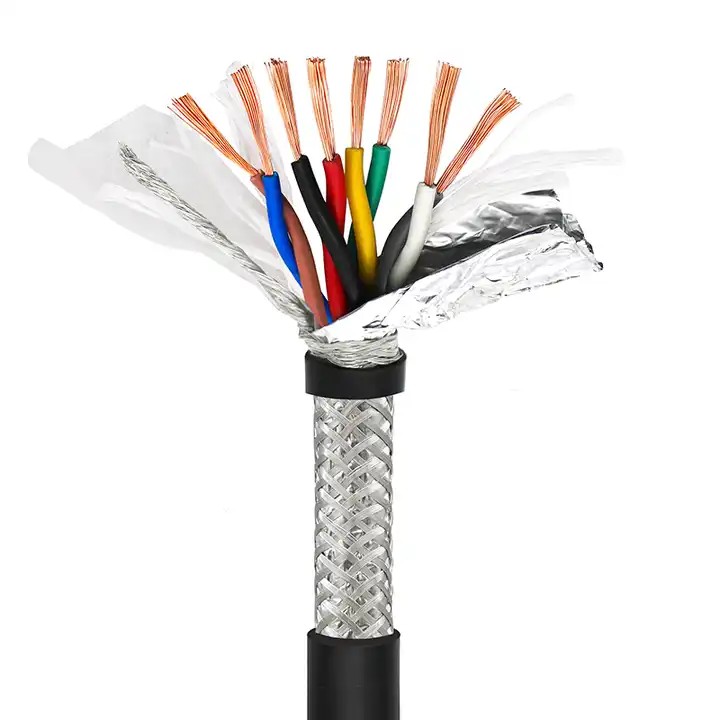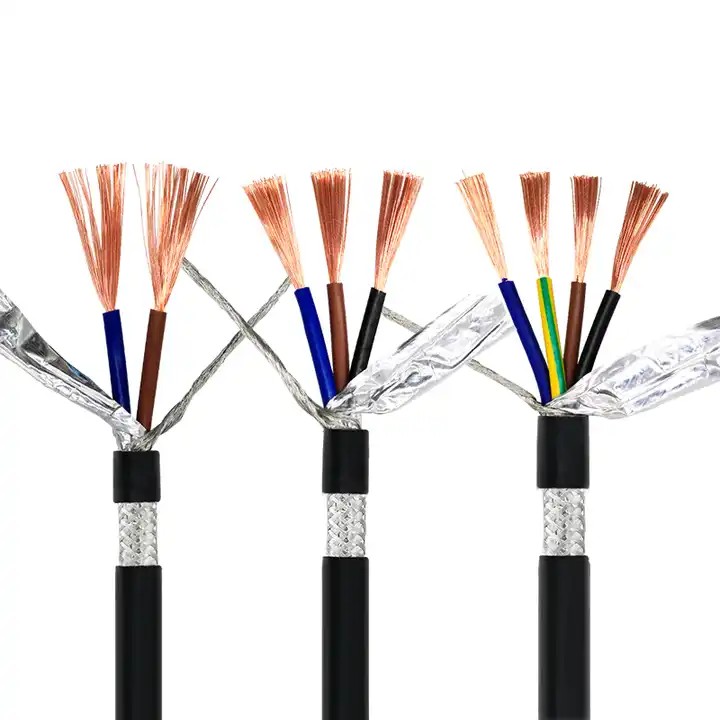How many types of EV charging cables?
Published:
2024-03-25 02:54:53
Electric vehicles (EVs) are becoming increasingly popular as a sustainable and eco-friendly mode of transportation.
Electric vehicles (EVs) are becoming increasingly popular as a sustainable and eco-friendly mode of transportation. With this rise in EV adoption, the infrastructure supporting EV charging has also evolved. One crucial component of this infrastructure is the EV charging cable, which facilitates the transfer of electricity from the charging station to the vehicle. There are several types of EV charging cables, each with its own specifications and use cases. Let's explore the different types in detail.

Type 1 (SAE J1772): Type 1 EV charging cables are commonly used in North America and Japan. These cables have a single-phase connection and typically feature a five-pin connector. Type 1 cables are compatible with most electric vehicles manufactured in these regions.
Type 2 (IEC 62196-2): Type 2 EV charging cables are widely used in Europe and are gaining popularity in other regions as well. They feature a seven-pin connector and support both single-phase and three-phase charging. Type 2 cables offer compatibility with a wide range of electric vehicles and are often used for public charging stations.
CHAdeMO: CHAdeMO is a fast-charging standard primarily used by Japanese automakers, such as Nissan and Mitsubishi. CHAdeMO cables feature a unique connector design and support DC fast charging. While less common than Type 1 and Type 2 cables, CHAdeMO is prevalent in regions where Japanese EVs are popular.
CCS (Combined Charging System): CCS is a fast-charging standard developed by European and North American automakers. CCS cables integrate AC and DC charging into a single connector, allowing for both regular and fast charging. They are compatible with a wide range of electric vehicles and are commonly found at fast-charging stations.
Tesla Connector: Tesla vehicles come with a proprietary charging connector designed specifically for use with Tesla Supercharger stations. While Tesla vehicles also support Type 2 charging with an adapter, the Tesla Connector provides the fastest charging speeds when used with Tesla's own charging infrastructure.
Each type of EV charging cable has its advantages and limitations, and the choice of cable depends on various factors, including the region, the electric vehicle's compatibility, and the type of charging station available. For example, Type 1 cables are prevalent in North America and Japan, while Type 2 cables dominate the European market. Fast-charging standards like CHAdeMO and CCS are commonly used for rapid charging at dedicated charging stations.
When purchasing an EV charging cable, it's essential to ensure compatibility with your electric vehicle and the charging infrastructure available in your area. Many electric vehicles come with a standard charging cable for home charging, but additional cables may be needed for public charging or when traveling to regions with different standards.
In summary, the diversity of EV charging cables reflects the global nature of the electric vehicle market and the need for standardized charging infrastructure. As EV technology continues to evolve, we can expect further advancements in charging cable standards and interoperability, making electric vehicles more accessible and convenient for drivers around the world.













